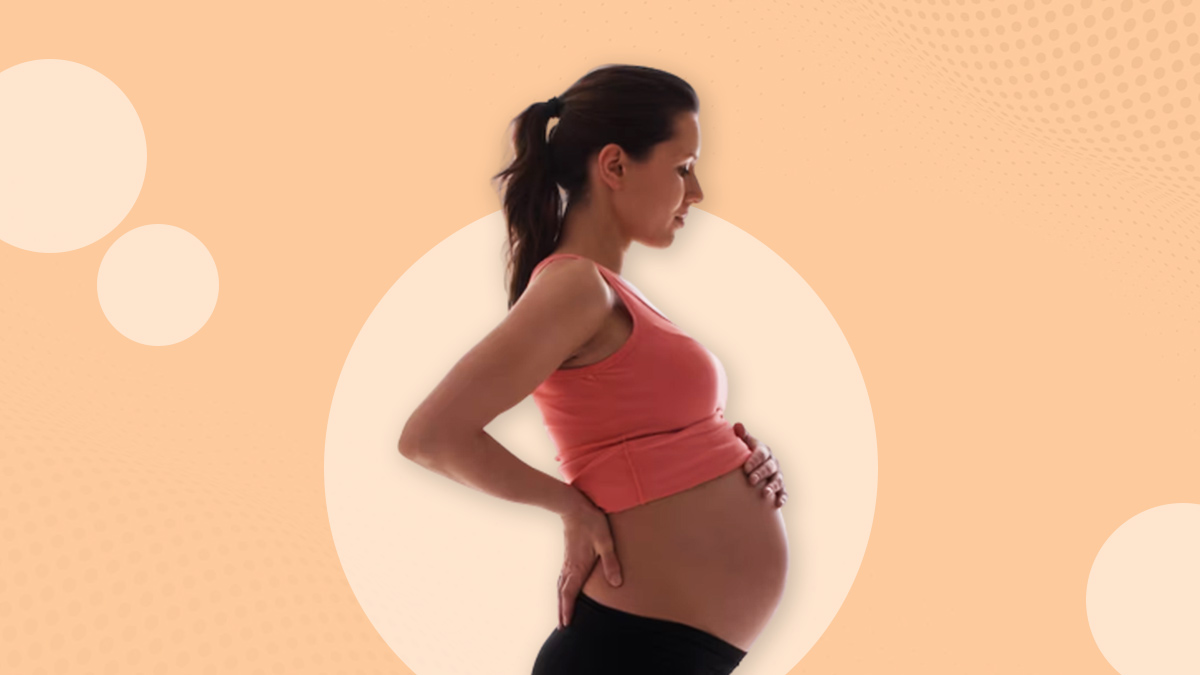
The decision to start a family is one of the most significant choices a person can make. However, for women who decide to have children post-30, there are certain health complications that they should be aware of. As women age, their bodies undergo changes that can affect their fertility and increase the risk of certain health complications during pregnancy.
Complications To Conceive A Baby Post 30
Here are some of the health complications that women may face when trying to conceive a baby after the age of 30:
1. Decreased Fertility
One of the most well-known health complications associated with conceiving a baby post-30 is a decrease in fertility. As women age, the number and quality of their eggs decrease, making it more difficult to conceive naturally. According to the American College of Obstetricians and Gynecologists, a woman’s fertility starts to decline after the age of 32, with a more significant decline after the age of 37. Women over the age of 35 are also at a higher risk of miscarriage and pregnancy complications, such as gestational diabetes and hypertension.
Also read: Is Liver Damage Reversible? Expert Weighs In
2. Complications during Pregnancy
Pregnancy complications are more common in women over the age of 30. Some of the most common complications include:

Gestational Diabetes
Gestational diabetes is a condition that affects some women during pregnancy, where their blood sugar levels become too high. Women over the age of 35 are at a higher risk of developing gestational diabetes than younger women.
Preeclampsia
Preeclampsia is a condition that can develop during pregnancy, which can cause high blood pressure and damage to organs such as the liver and kidneys. Women over the age of 35 are also at a higher risk of developing preeclampsia.
Preterm Labour
Preterm labour is when a woman goes into labour before 37 weeks of pregnancy. Women over the age of 35 are at a higher risk of preterm labour than younger women.
Placenta Previa
Placenta previa is a condition where the placenta is located low in the uterus and can block the baby's exit during delivery. Women over the age of 30 are at a higher risk of developing placenta previa than younger women.
Caesarean Delivery
Women over the age of 35 are at a higher risk of having a caesarean delivery than younger women. This can be due to a variety of factors, such as pregnancy complications or the baby's position in the womb.

Also read: Is Liver Damage Reversible? Expert Weighs In
3. Genetic Abnormalities
As women age, the risk of genetic abnormalities in their offspring increases. Women over the age of 35 are at a higher risk of having a baby with a chromosomal abnormality, such as Down syndrome. According to the American College of Obstetricians and Gynecologists, the risk of having a baby with Down syndrome is about 1 in 1,000 for women under the age of 30, but increases to 1 in 400 for women who are 35 years old, and 1 in 100 for women who are 40 years old.
Bottomline
The decision to start a family is a significant choice for anyone. However, for women who decide to have children post-30, there are certain health complications that they should be aware of. These complications can range from decreased fertility to pregnancy complications and genetic abnormalities in their offspring. While these health complications may seem daunting, there are steps that women can take to increase their chances of a healthy pregnancy. These steps include maintaining a healthy lifestyle, seeking regular prenatal care, and considering genetic counselling. Ultimately, the decision to start a family post-30 is a personal one that should be made with careful consideration and consultation with a healthcare provider.







